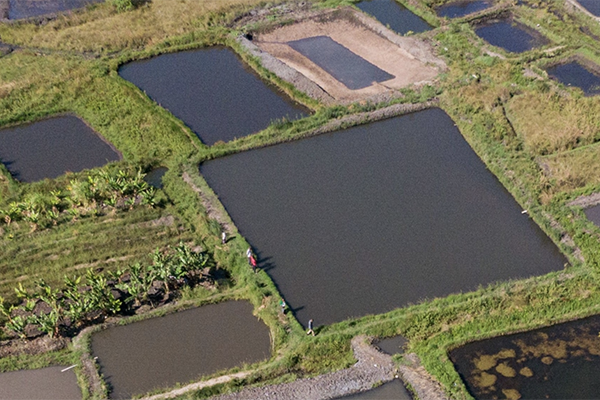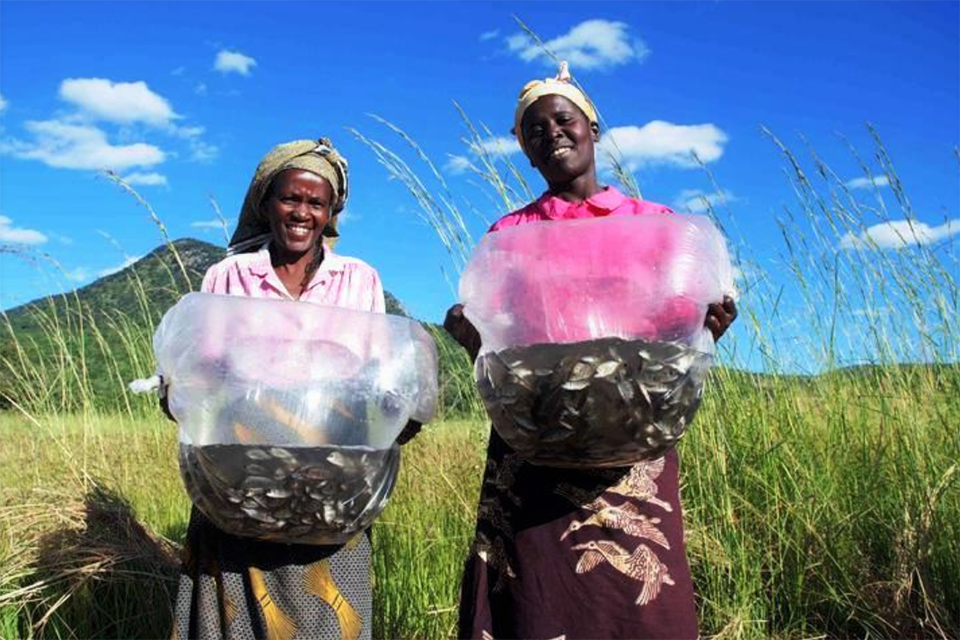February 5, 2024
Introduction of aquaculture helps to diversify incomes and improve food security situation for rural households in Zambia: University of Stirling

A new study conducted by the University of Stirling has found that Zambian farmers can benefit greatly from small-scale aquaculture. This research Agriculture and food securityprovides strong evidence that small-scale fish farming not only helps farmers diversify their incomes, but also strengthens rural nutrition and food security.
“Demonstrating the role of aquaculture for the food and nutritional security of rural African farmers is relatively difficult to prove,” said Dr. Alexander Kaminsky. Researchers at the Institute of Aquaculture at the University of Stirling conducted research at WorldFish. “Our research in northern Zambia shows for the first time that small-scale aquaculture can be a game-changer for local farmers. By incorporating fish farming into farming practices, households can increase their source of income. Not only has it diversified, but it has also significantly improved dietary diversity and overall food security.”
This study looked at households with and without fish ponds. As a result, households adopting fish farming have significantly improved their livelihoods, not only in making money, but also in eating better and healthier diets and building more resilient farming systems. I understand. This study showed that introducing fish farming doubles the chance of improving a household's food security situation.
“This study provides clear evidence that fish farming is an invaluable element in combating food and nutrition insecurity in Africa,” said CGIAR Director of Nutrition, Health and Food Security at the time. said Shakuntala Tilstead, former global leader for nutrition and public health at WorldFish. of research. “This provides evidence that nutrition-sensitive homegrown aquaculture can enrich diets and create a sustainable farming system that benefits entire communities.”

The results showed that food and nutritional security from aquaculture in Zambia can be achieved through three pathways. One is that farmers make money by selling their fish to get a better diet, they eat fish from their ponds to get a source of high-quality protein and micronutrients, and they use the ponds in their environment. is. An integrated farming system that allows diversification into other crops.
The findings provide a path forward for policy makers and development agencies aiming to improve rural economies and nutrition in developing regions. This highlights the value of moving beyond traditional farming methods and adopting a more integrated and diverse farming approach. The study recommends that while it is useful to measure productivity and profits from ponds, it is equally important to measure the impact on diet quality and food security.
Read the full study here.
Now that you've reached the end of the article…
…Please consider supporting GSA's mission to advance responsible seafood practices through education, advocacy, and third-party assurance.of advocate We aim to document the evolution of responsible seafood practices and share the extensive knowledge of our vast network of contributors.
Being a member of the Global Seafood Alliance ensures we can continue all the pre-competitive work we do through member benefits, resources and events. Individual membership costs just $50 per year.
Not a GSA member? Want to join?



